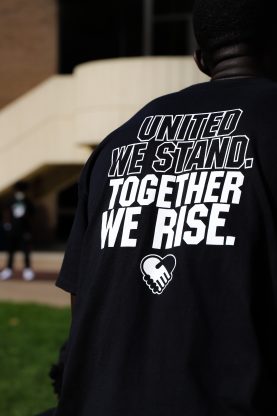
Activism has not always been welcome in the sports community. In 1968, track athletes John Wesley Carlos and Tommie Smith were condemned for raising Black Power salutes on the victory podium after a race in the summer Olympic games. In 2016, football quarterback Colin Kaepernick was fired from the San Francisco 49’ers after kneeling while the National Anthem played at the start of a National Football League game. In 2018, basketball all-star Lebron James was told to “shut up and dribble” by journalist Laura Ingraham after speaking about racism in an interview with ESPN.
Now, following the resurgence of the Black Lives Matter movement in the summer of 2020, athletes have become noticeably more vocal when it comes to addressing systematic and systemic racism in the United States.
The killing of George Floyd in May 2020 allowed Americans of all backgrounds to witness an act of police brutality and gave some insight into the injustices faced by Black Americans on a daily basis. Floyd’s wrongful death galvanized a new sense of urgency across the country, motivating large corporations, universities and sports teams on all levels to pledge their commitment to fighting systematic and systemic racism.
Stony Brook Athletics has made a commitment to celebrating “the unique identities of student-athletes, coaches and staff” and has created a Diversity and Inclusion Committee to provide opportunities “for shared understanding and expression around race, ethnicity, sexual orientation, gender identity, religion and socioeconomic background.”
In Dec. 2020, Stony Brook University and other institutions in the America East Conference reasserted their “commitment to help end racial inequality and promote social justice.”
Stony Brook Football Team Cornerback Coach, Diamond Weaver, said the Stony Brook Athletic Director, Shawn Heilbron, has made it a mission to make sure conversations surrounding diversity and inclusion are continued following the school’s pledge to celebrate diversity.
“[Helibron]’s a man of action,” Weaver said. “We’ve created diversity and inclusion committees … Myself and a few other coaches who are African American had been selected to do professional development.”
After attending a weekend-long virtual professional development event, Weaver shared ideas that could help Stony Brook University be successful in its mission to support students of underrepresented groups.
“We’re empowering our student-athletes to have a voice, making sure that they feel represented. We’re having all these conversations, which is key,” Weaver said. “I feel pretty good about where we stand as an athletic community at Stony Brook and how we’re continuing to have conversations and putting action behind it.”
One successful example of student empowerment supported by Stony Brook Athletics is the Black Student-Athlete HUDDLE, more casually referred to as “The Huddle.”
Junior multidisciplinary studies major Kyria Moore is part of Stony Brook University’s women’s track and field team and is a steering committee member of the Black Student-Athlete HUDDLE.
“We plan Huddle events and help lead Huddle meetings. We also collaborate with other student-athlete leadership groups and other Black student organizations on campus,” Moore said. “Last semester we led a protest on campus with the NAACP. We had a great turnout with athletes and faculty all across the school.”
The shot-putter spoke to the Black student-athlete experience and the way it differs from that of a white student-athlete.
“If you’re in a sport that is predominantly white, your experience will definitely be different,” Moore said. “You may be seen as ‘only an athlete’ and people may use that to their advantage … Some people may see you as an athlete and in truth, you want to be more of an activist, but your voice may not be heard in that way.”
This reality is faced by Black people in and out of the sports community and highlights the need for support and understanding from coaches, teachers and administrators that are responsible for the development of their students, who may later find themselves in a position to enact change.
Partnered with the America East Conference and dedicated to developing leaders is the Ross Initiative in Sports for Equality (RISE) — a nonprofit organization dedicated to educating and empowering the sports community to “eliminate racial discrimination, champion social justice and improve race relations.”
RISE’s partnership with America East began in 2019. The organization’s CEO, Diahann Billings-Burford, visited Stony Brook University in Feb. 2020 to discuss strategies to advance diversity, inclusion and equity on campus.
In an interview with The Statesman, RISE’s Senior Director of Curriculum, Dr. Collin Willams Jr., said, “At RISE, we use sports as a way to address issues of social justice. We also are seeking to educate and empower the entire sports community about how to be ‘champions of change’ around these issues.”
In partnership with a wide variety of companies from the National Basketball Association to Stony Brook University, RISE aims to teach skills like conflict resolution, active listening and perspective-taking, or the ability to consider a situation from another point of view. These skills will allow participants to start difficult conversations about race and inclusivity in positive, productive ways.
“We really seek to develop leaders in various spaces,” Dr. Williams Jr. said. “The hope is that we teach you to provide the skills, necessary curriculum and the practice so that the coaches, the staff, the student-athletes and individuals on campus are able to serve and address these issues [surrounding diversity and inclusion.]”
The RISE curriculum is interactive and based on experiential learning. The dialogue-driven trainings hosted by the organization are designed to encourage participants to empathize with others, reflect on their own experiences and biases and think differently.
“We have to continue to educate ourselves, and we have to continue to educate our peers of a different racial background,” Weaver said. “RISE gives opportunities for us to do that. Continuing to create uncomfortable dialogue and talk about those topics and continuing that education is the key piece. Organizations like RISE and the Black Student-Athlete HUDDLE create those conversations, and I think that’s the start.”











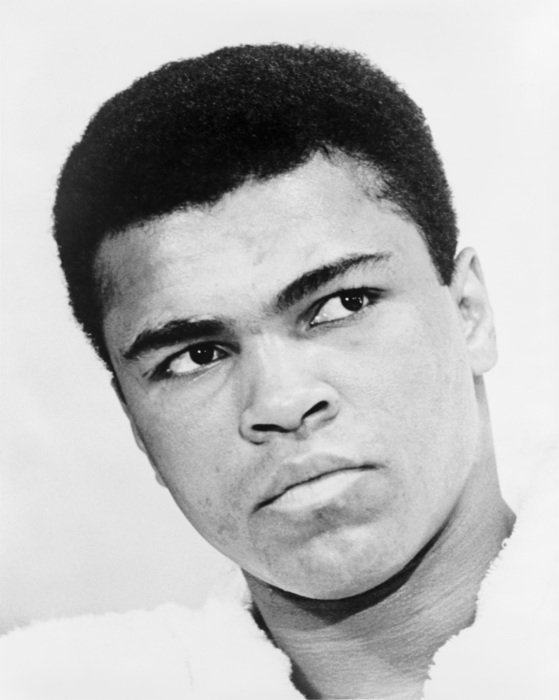
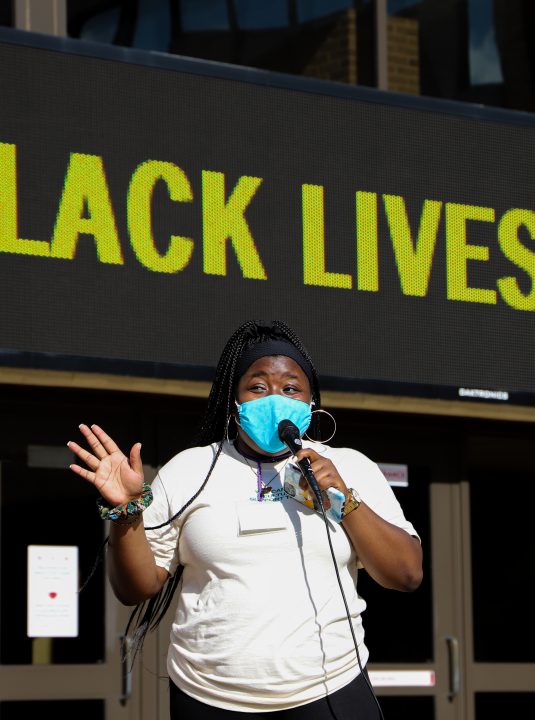
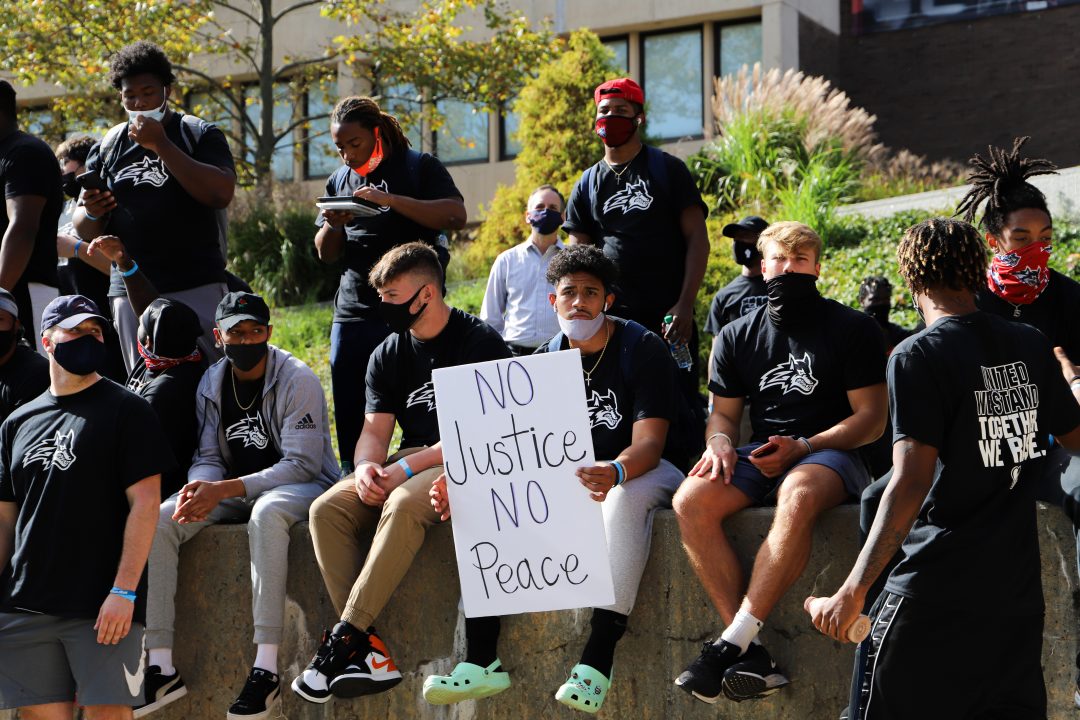
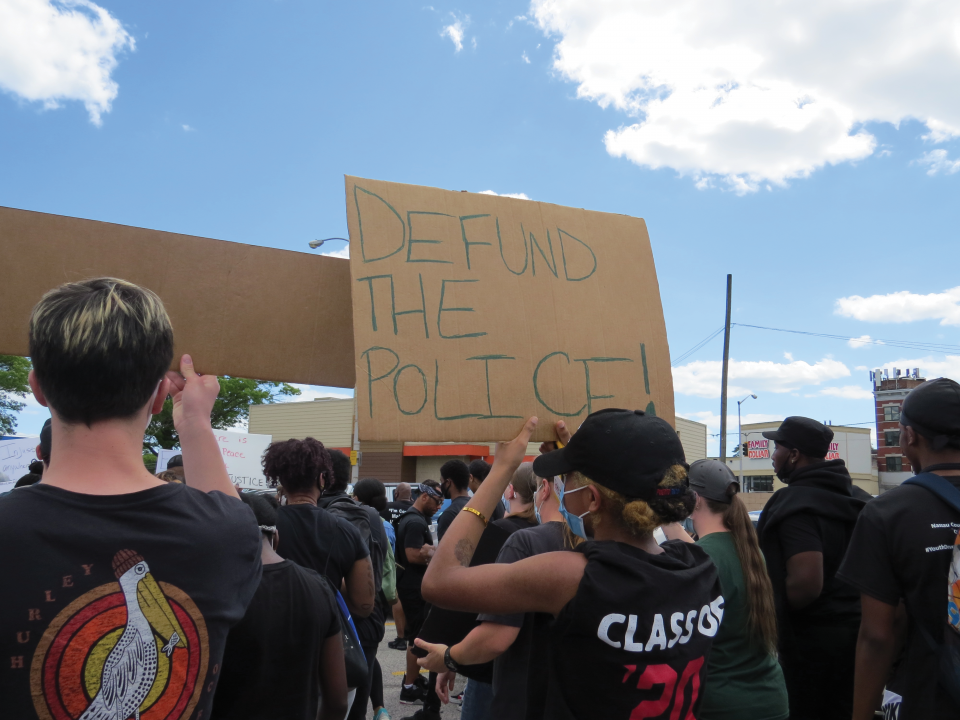

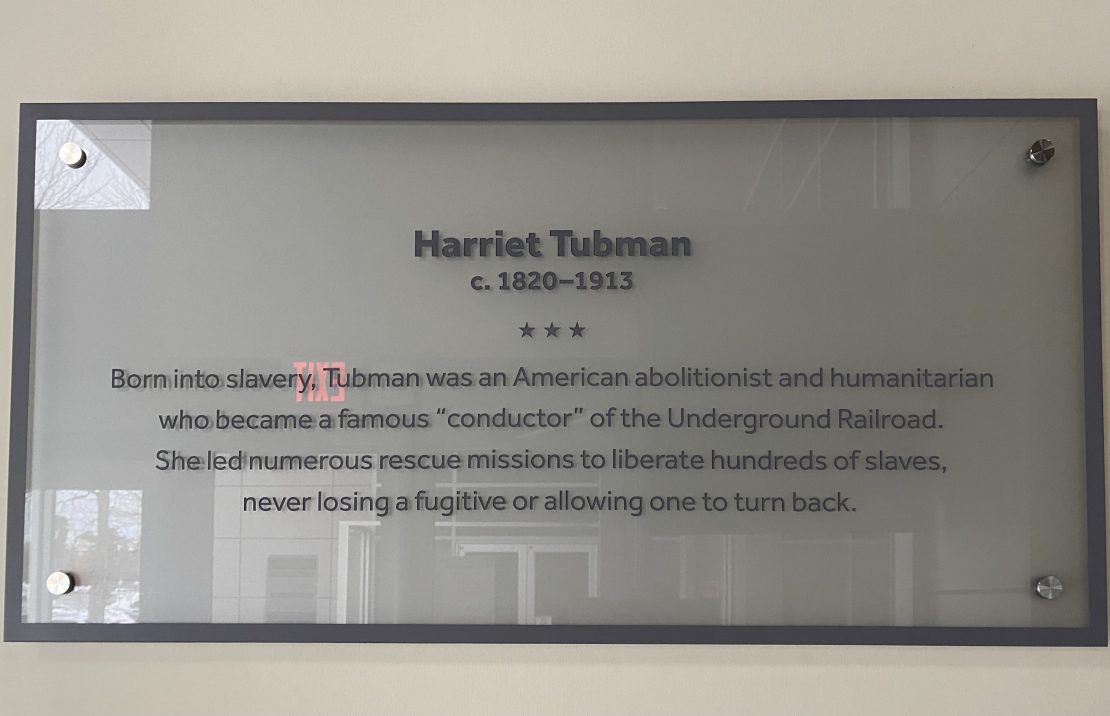
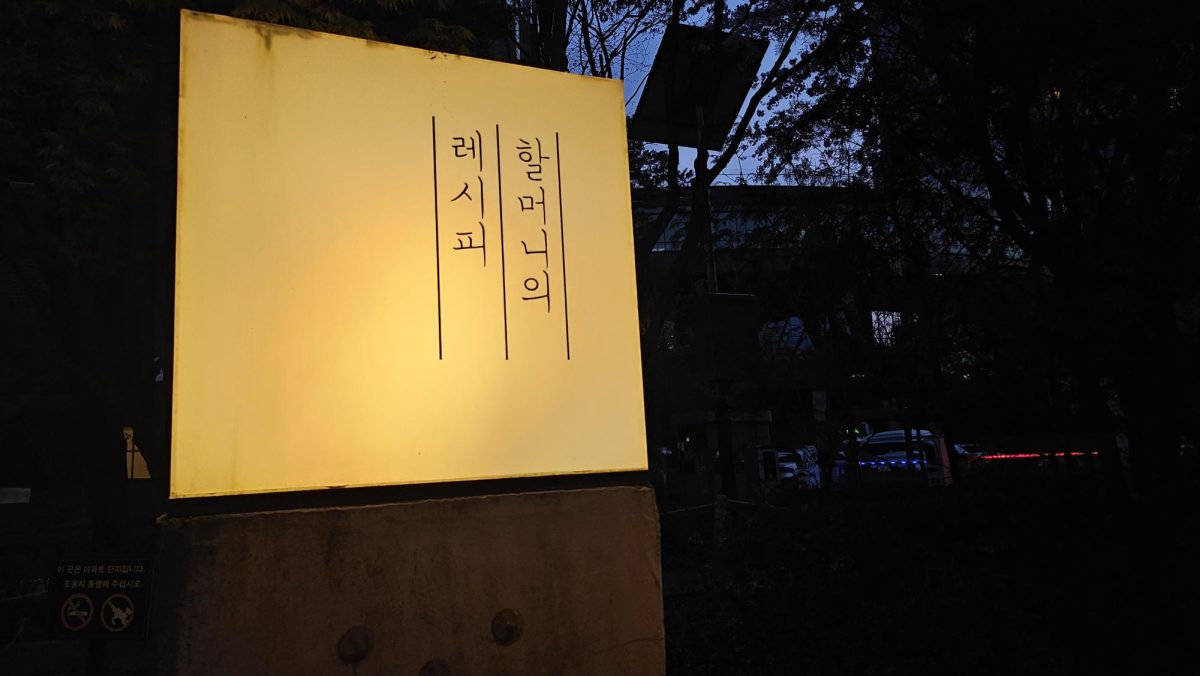

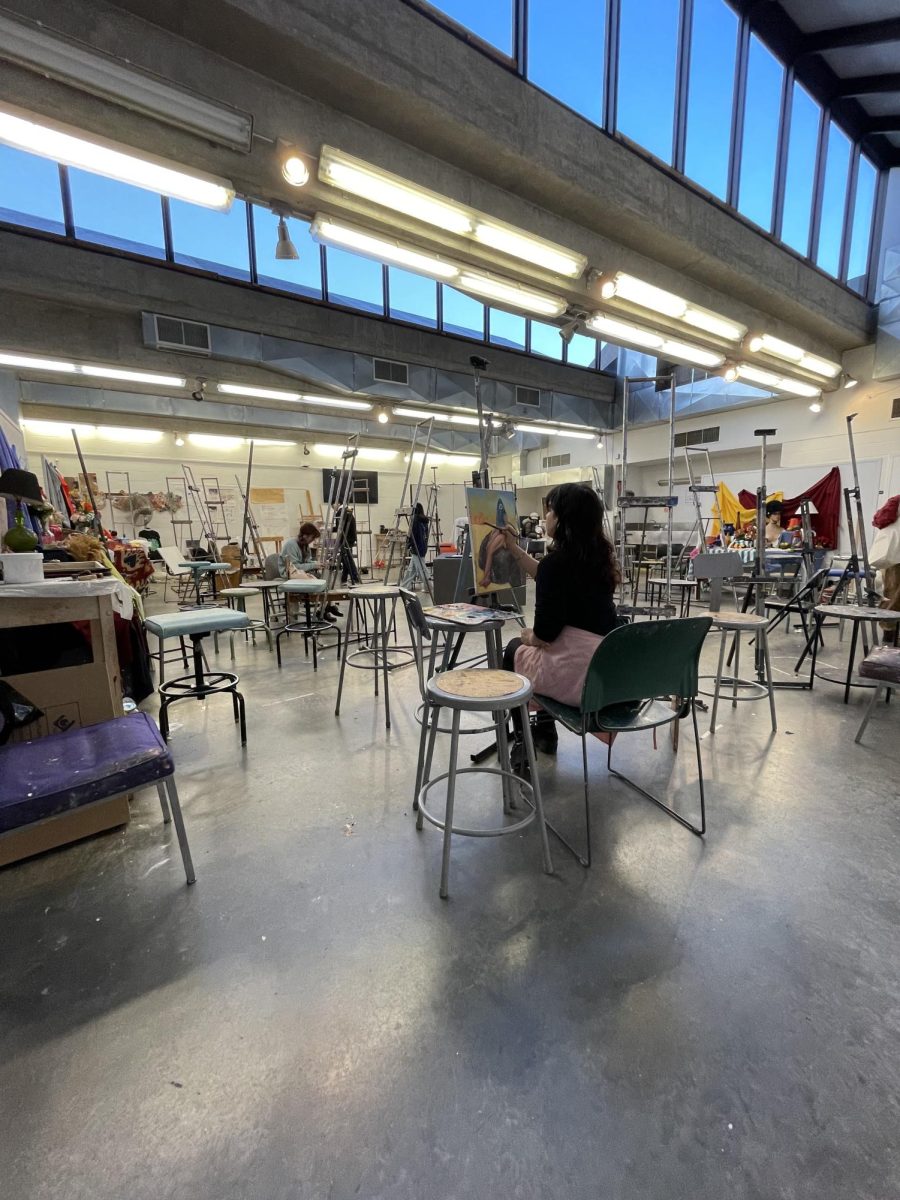
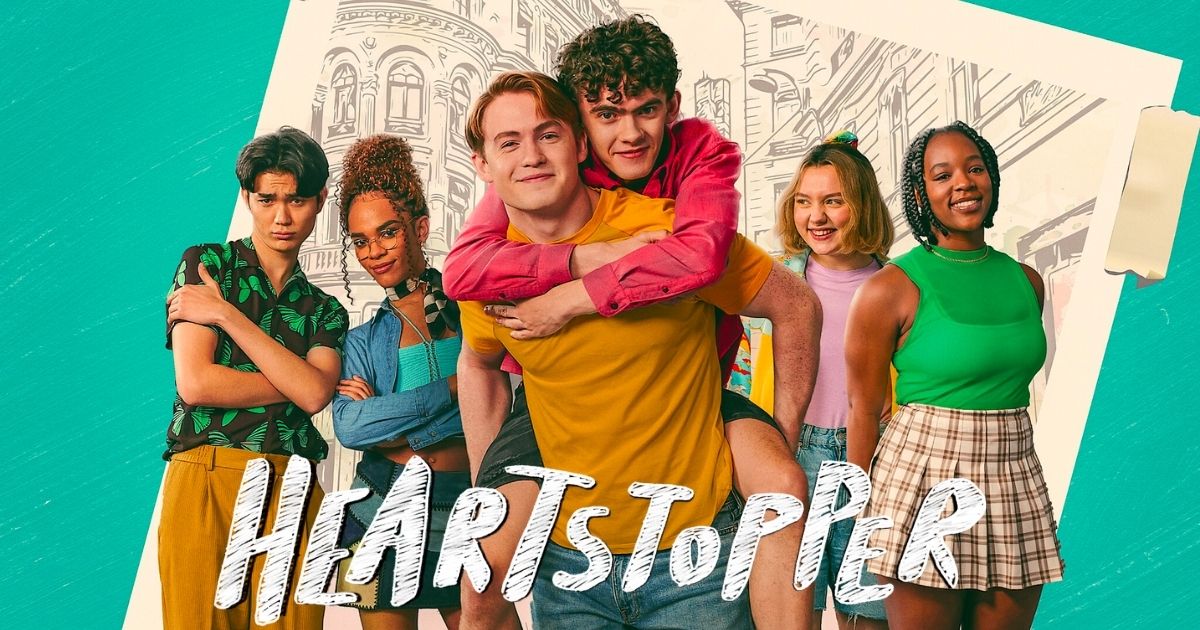

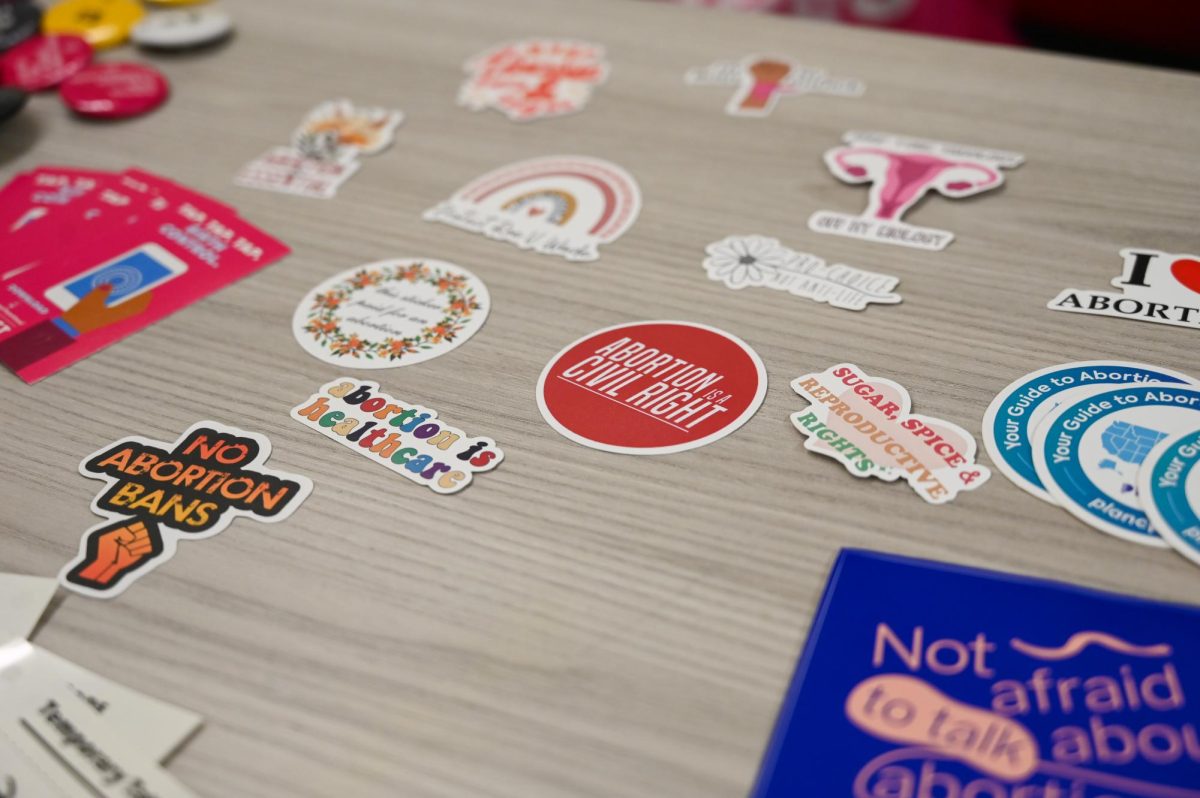

Barbara Selvin • Feb 17, 2021 at 2:52 pm
Excellent story. Timely and well-researched.